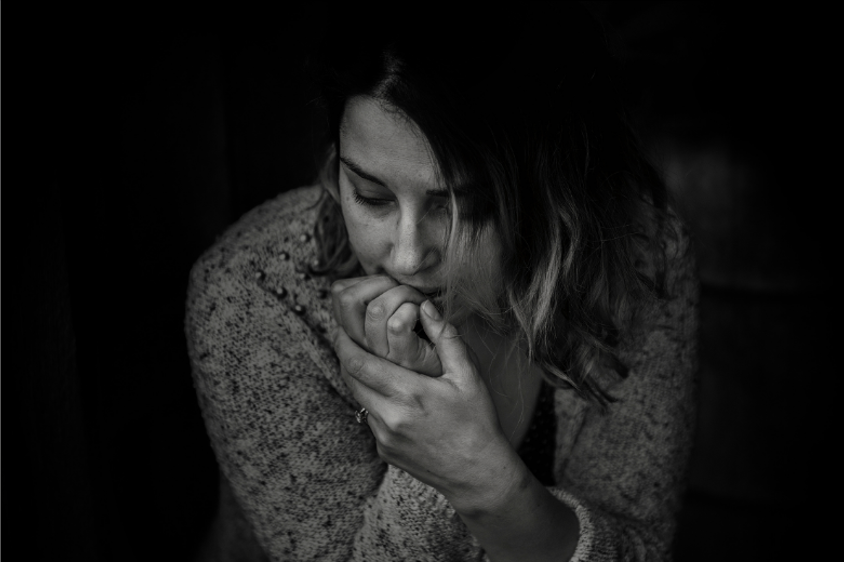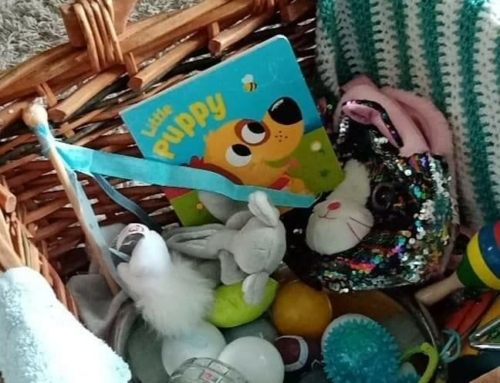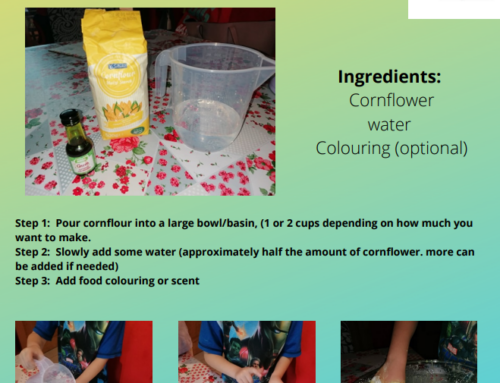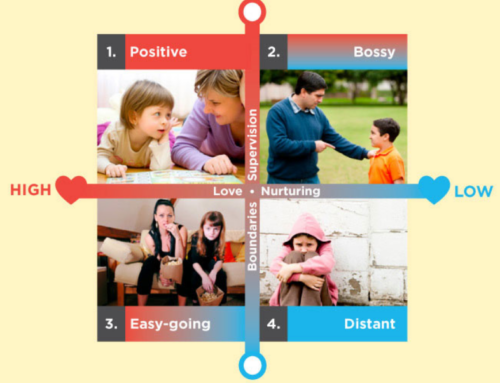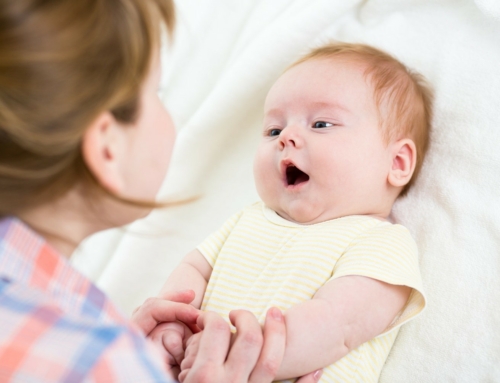The ‘baby blues’ is a mild depression that many women experience soon after their babies are born. These blues can be caused by hormone changes as well as by the personal challenges that a woman goes through after childbirth.
They happen most often from the third or fourth day to the first or second week after delivery.
A big area of having a baby that isn’t discussed enough is how you actually feel after you have the baby. How your body changes. How you feel. How you cry at every little thing. Or if someone looks at you the wrong way, how you may overreact. Or how you take things so literally and personally.
Social media can make having a child seem very glamorous and fun. It can make it look like it is all cuddles, playing dress-up, happy families cooing over the baby, etc. When in fact you feel like you have been hit by a bus! You’re trying to figure out how to deal with this new little human. You are getting absolutely no sleep. Having strange dreams (when you sleep) along with night sweats.
You’re getting cramps from contractions, breastfeeding maybe doesn’t come as naturally as you feel it should have. Not fitting back into your clothes the way you dreamed you would. And you still have to make dinner, clean the house and entertain the guests who arrive to see and sometimes even wake you’re newborn when you’re completely exhausted. People just see this new little baby and think why would she be down or feeling that way.
This is all natural. Its life. It is how your body deals with the huge changes it has just gone through.
Another natural instinct after having a baby is to not want to leave your baby. You may not want anyone lifting your baby, watching your baby, or helping as you feel they are taking your place as a mother. But it is important to realise when you need help. If friends or family can’t help you, ask your health visitor and they can recommend some local support groups or places who could help you.
You may have baby blues if:
- You cry often and not always for a reason you understand.
- You feel tired, or you don’t have the energy you need to get through the day.
- You have insomnia, which can mean you have trouble falling asleep, trouble sleeping through the night, or that you wake up too early in the morning and can’t fall back to sleep.
- You have trouble concentrating, or you often feel confused or distracted.
- You often feel irritable or angry, sometimes for no reason.
- You don’t feel hungry and as losing weight too fast, or you are often hungry and are gaining weight you don’t want or don’t need.
Don’t let these blues get you down. They may last from several days or a week or more, but they almost always go away themselves. They are natural hormonal and bodily changes. Having a baby is a life-changing experience. Always remember they aren’t a small baby long and time goes so quickly that the blues will pass before you realise. Just be sure to talk about it to help your partner or family understand what you are going through.
Most importantly, be realistic about motherhood: about how long you need to recover or learn mothering skills, about how much rest you need, about the support you need and deserve from others.
Just to be aware, baby blues can be a normal experience after giving birth. But you should be aware that some women experience a deeper, more serious depression.
After having a baby you might either have the ‘baby blues’ or postnatal depression. The difference in the two is that postnatal depression lasts longer and can start any time from 3 weeks on. It can also start 6 months later or even a year later. It is very important that you pay attention to your moods and emotions after you’ve had your baby. The earlier you catch postnatal depression, the easier it can be to recover. We cover this in our Growing Child Issue 3 which can be purchased here.
Parenting will, of course, have its ups and downs, however, if the downs outweigh the ups it is important to talk to someone. As I said earlier if you have any concerns talk to your health visitor or talk to your GP. They will refer you to the relevant supports that will help you through the difficult times.


